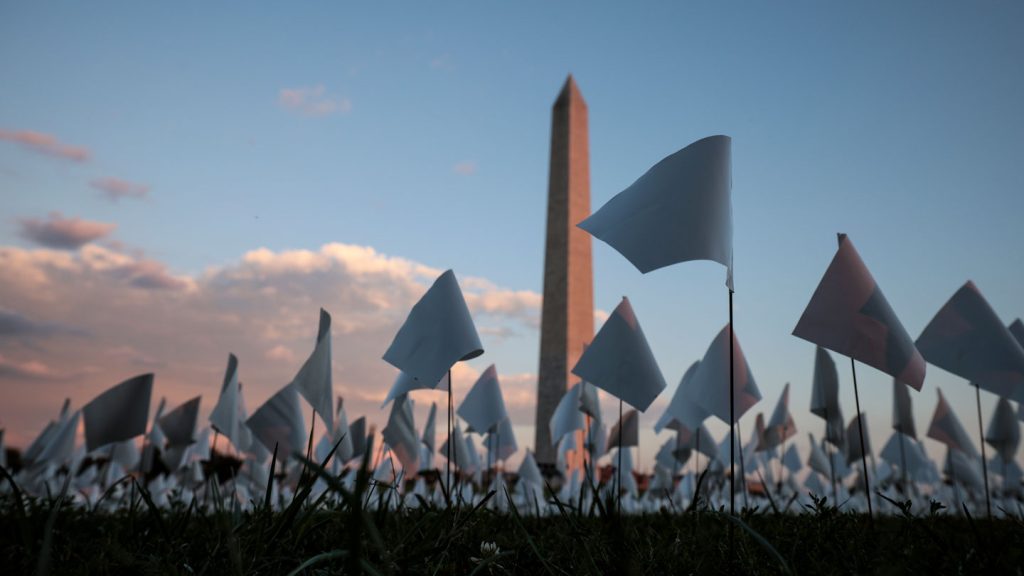The fourth anniversary of the declaration of the COVID-19 pandemic by the World Health Organization was recently celebrated, with indications that the world is moving on from the crisis. WHO announced in May 2023 that COVID-19 was no longer a public health emergency, and the United States followed suit, ending free testing and treatments shortly after. The U.S. Centers for Disease Control and Prevention also recently loosened isolation guidelines for COVID-19 patients, allowing them to be around others sooner during their recovery.
Despite these signs of moving past the pandemic, the reality is that many people are still suffering. In the United States alone, nearly 1.2 million people have died from COVID-19, and close to 9 million adults have long-term effects from the virus. Additionally, nearly 300,000 children have lost one or both parents due to the pandemic. The profound grief experienced by these individuals has not been officially recognized, with no federal monument honoring the dead.
The lack of recognition of the grieving process has prompted individuals to create their own memorials to honor the lives lost to COVID-19. One such memorial, Rami’s Heart COVID-19 Memorial, began as a small tribute on a New Jersey beach and has expanded to a permanent location at a farm. Many people are not only coping with the loss of loved ones but also with the disruption of traditional mourning rituals due to the pandemic.
Researchers are studying how the pandemic has impacted the grieving process and society as a whole. Studies have shown that for every COVID-19 death, there are on average nine bereaved family members. Projects like Rituals in the Making are exploring how the pandemic has affected funeral, burial, and commemorative practices. These studies shed light on the enormous challenges faced by those who have lost loved ones to COVID-19.
The pandemic has left a lasting impact on survivors and society as a whole. Children who have experienced loss at a young age, individuals who were unable to say goodbye to their loved ones, and families who were isolated during their grief are all facing the long-lasting effects of the pandemic. As researchers continue to investigate the social and emotional toll of the crisis, there is a growing need for society to better support those who are grieving.
To address the need for grieving support, researchers suggest more comprehensive bereavement policies and education programs in schools to help children cope with loss. They also emphasize the importance of acknowledging the scale of the tragedy and encouraging open discussions about COVID-19-related grief. By actively engaging in conversations about loss and memory, individuals can provide support and healing to those who are mourning the loss of loved ones to the pandemic.


